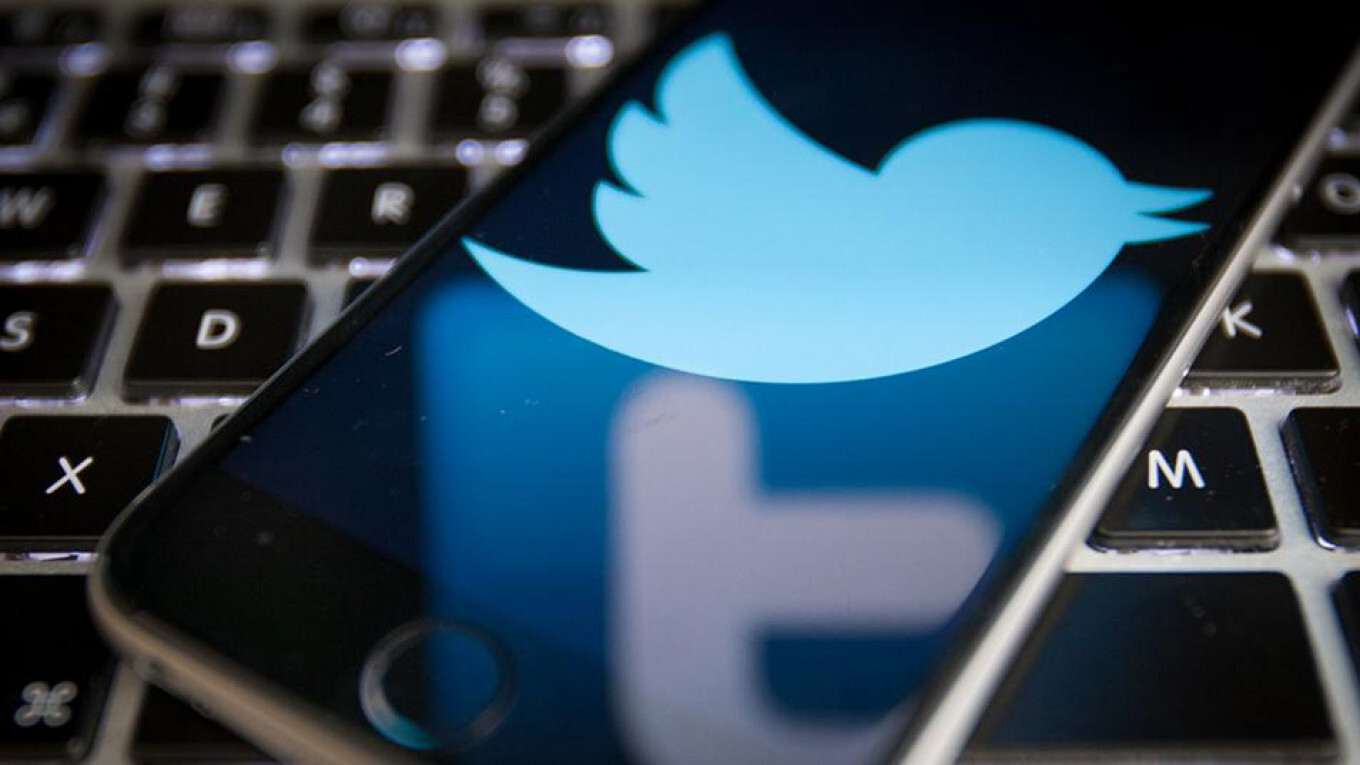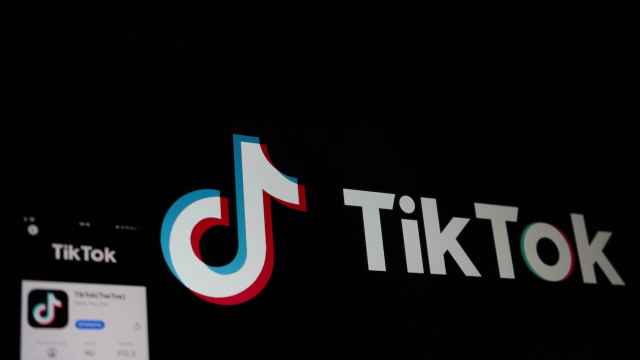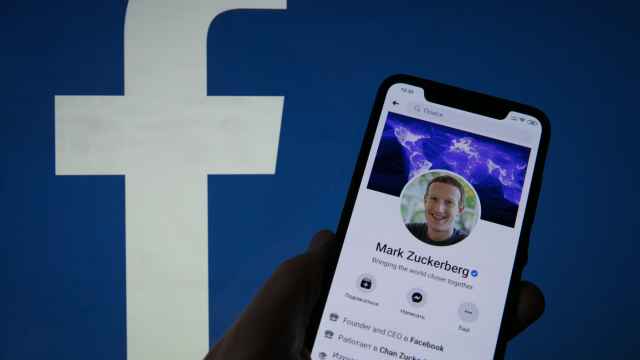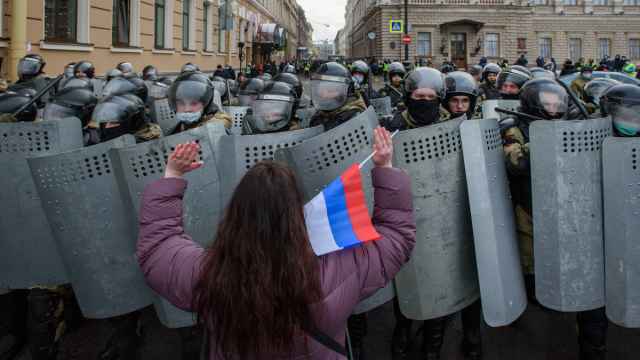Twitter and Facebook on Thursday announced moves to thwart efforts to deceive or divide voters as the U.S. nears a contentious presidential election.
Twitter unveiled new steps to prevent the spread of content from "state-affiliated media" used to advance a government's political agenda — a move affecting key outlets from Russia and China.
Facebook, meanwhile, said it took down accounts running a deceptive campaign out of Romania pretending to be Americans supporting U.S. President Donald Trump.
The network targeted the U.S. with posts about the upcoming presidential election; the Trump campaign, conservative ideology, Christian beliefs and the far-right organization Qanon linked to conspiracy theories, according to Facebook.
San Francisco-based Twitter said it would add new labels to state-affiliated media accounts and would "no longer amplify" their tweets through its recommendation systems, in the latest move to identify and limit the spread of government-led influence campaigns.
A Twitter spokesperson said outlets affected by the new policy include Russian-based Sputnik and RT and China's Xinhua, but did not provide a full list.
"Unlike independent media, state-affiliated media frequently use their news coverage as a means to advance a political agenda," Twitter explained in a released statement.
Twitter said the decision would not affect "state-financed media organizations with editorial independence," specifically citing the British-based BBC and U.S.-based National Public Radio.
Twitter's announcement follows a similar action by Facebook earlier this year which labeled content from media which are editorially controlled by governments.
Distorting debate
The moves come amid concerns over campaigns by governments aimed at influencing elections and public sentiment in other countries through media outlets that disguise their true origins.
State-led influence campaigns were prominent on social media during the 2016 U.S. elections and have been seen around the world.
A recent report by Oxford University researchers found disinformation and conspiracy theories spread by leading media outlets from Russia and China, as well as from Iran and Turkey — all of which are state-controlled or closely aligned to regimes in power.
Twitter also plans new authentication labels for "key government officials" authorized to speak on behalf of the state.
"We believe this is an important step so that when people see an account discussing geopolitical issues from another country, they have context on its national affiliation and are better informed about who they represent," the statement said.
Thwarting 'inauthentic' content
Facebook removed 35 Facebook accounts, three pages, and 88 Instagram accounts as part of an ongoing fight against "coordinated inauthentic behavior," according to security policy head Nathaniel Gleicher.
"The people behind this network used fake accounts to pose as Americans, amplify and comment on their own content, and manage pages including some posing as President Trump fan pages," Gleicher said.
The Facebook security team determined that the activity originated in Romania and focused on the U.S.
"We found this network as part of our investigation into suspected coordinated inauthentic behavior ahead of the 2020 election in the U.S.," Gleicher said.
The network often reposted stories by U.S. conservative news networks and from the Trump campaign, according to Facebook.
Facebook pages in the campaign had about 1,600 followers, while about 7,200 people followed one or more of its Instagram accounts, the California-based internet giant reported.
Coordinated deception such as this "blurs the live between healthy public debate and manipulation," Gleicher said while briefing reporters.
"We can only tackle one piece of what is a whole-of-society challenge; it is increasingly clear no single organization can handle this alone."
He echoed a call from Facebook chief executive Mark Zuckerberg for political leaders to establish clear rules regarding what kinds of contents or behaviors should not be tolerated by online platforms.
"Even though it is hard to pin down motive, the behavior still violates our policies and we can take down the content," he said. "It doesn't matter what side they are on."
A Message from The Moscow Times:
Dear readers,
We are facing unprecedented challenges. Russia's Prosecutor General's Office has designated The Moscow Times as an "undesirable" organization, criminalizing our work and putting our staff at risk of prosecution. This follows our earlier unjust labeling as a "foreign agent."
These actions are direct attempts to silence independent journalism in Russia. The authorities claim our work "discredits the decisions of the Russian leadership." We see things differently: we strive to provide accurate, unbiased reporting on Russia.
We, the journalists of The Moscow Times, refuse to be silenced. But to continue our work, we need your help.
Your support, no matter how small, makes a world of difference. If you can, please support us monthly starting from just $2. It's quick to set up, and every contribution makes a significant impact.
By supporting The Moscow Times, you're defending open, independent journalism in the face of repression. Thank you for standing with us.
Remind me later.






